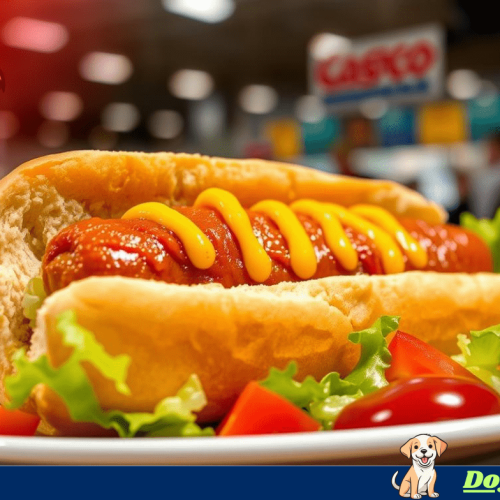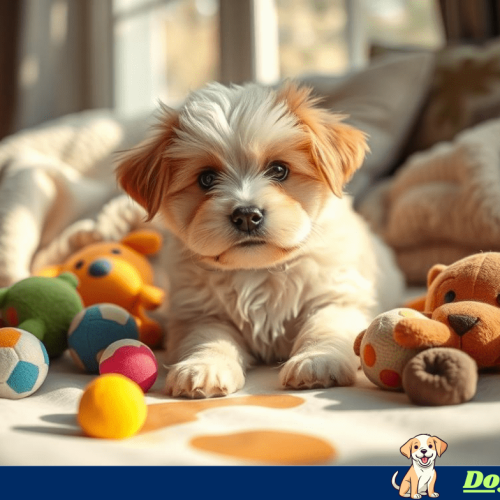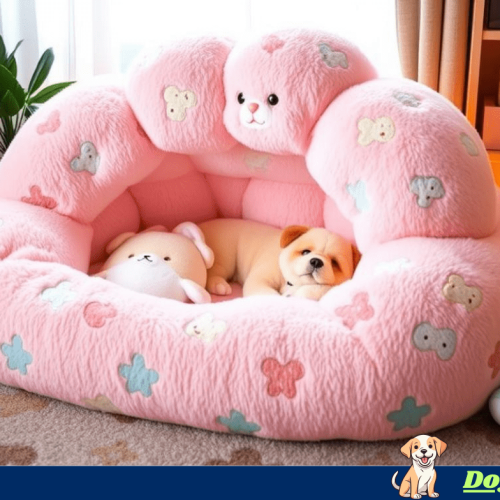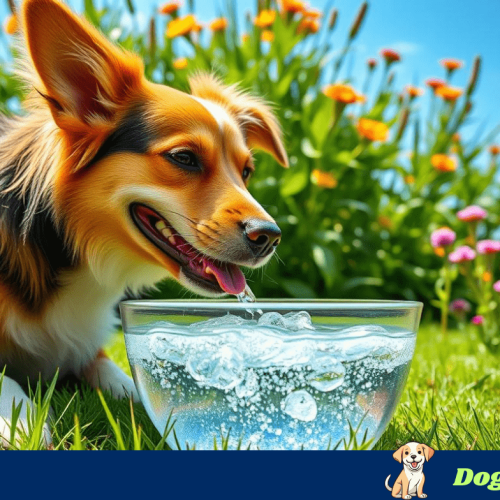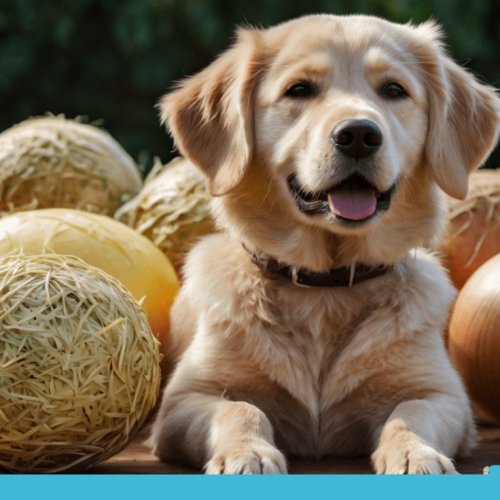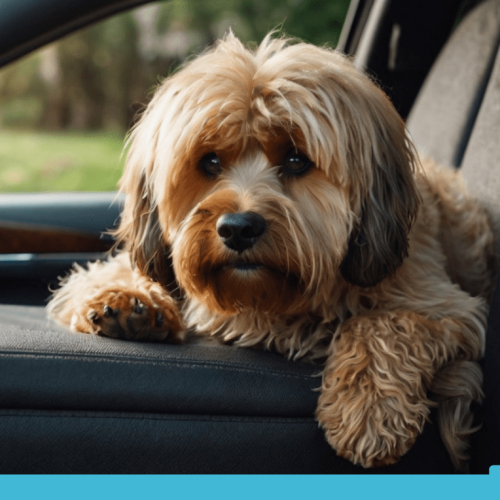Table of Contents
ToggleMost Versatile Dogs: Adaptable Companions for Every Lifestyle
When considering adding a dog to the family, versatility is crucial in making the right choice. Some of the most versatile dog breeds include the Labrador Retriever, German Shepherd, and Border Collie, known for their adaptability and willingness to take on various roles. Whether it is companionship, working alongside humans, or excelling in various dog sports, these breeds are up for the challenge.
Each versatile breed brings unique traits and skills that can fit a variety of lifestyles. These dogs excel in different environments, from being loyal family pets to assisting in service roles or thriving in active households. Their intelligence and trainability make them stand out among other breeds.
As individuals explore the world of dogs, understanding the characteristics of versatile breeds can help them select a companion that meets their needs. This study can create a rewarding relationship built on shared activities and mutual enjoyment.
Defining Versatility in Dog Breeds

Versatility in dog breeds refers to their ability to adapt to various roles and environments. Specific traits and the quality of training and socialization influence this adaptability.
Traits of a Versatile Dog
Versatile dogs exhibit several key traits that enable them to perform various tasks. Intelligence is crucial; it allows them to learn commands quickly and solve problems effectively.
Trainability complements intelligence, as highly trainable dogs can adapt to different tasks, from herding to companionship. Temperament is also significant. A balanced disposition, with patience and curiosity, helps these dogs engage well with people and other animals.
Physical attributes like endurance and strength play roles as well, allowing these breeds to participate in various activities, such as agility or hunting.
Many versatile breeds, like the Labrador Retriever and Golden Retriever, embody these traits, making them suitable for roles as service animals, therapy dogs, and family pets.
The Importance of Training and Socialization
Training and socialization are vital in developing a dog’s versatility. Early socialization exposes them to different environments, people, and animals. This exposure fosters adaptability and confidence.
Obedience training lays the foundation for various roles. Teaching basic commands prepares dogs for more advanced tasks, enhancing their effectiveness in different settings.
Continuous training aids the retention of skills and allows for adjustments based on specific needs. Organizations that promote training often highlight the importance of positive reinforcement, which helps build strong bonds between dogs and their handlers.
Investing time in these areas yields well-rounded dogs that thrive in multiple roles, showcasing their intrinsic versatility.
Top Versatile Dog Breeds

Versatile dog breeds can adapt to various roles and environments, excelling in both family life and work. The following breeds stand out due to their unique combination of intelligence, trainability, and temperament.
Border Collie: Intelligence and Agility
The Border Collie is famous for its intelligence and incredible agility. This breed is often utilized in herding and requires regular physical and mental stimulation. Their ability to learn commands fastly makes them ideal for various dog sports, including agility competitions.
Border Collies excel in
pursuit that challenge their minds, such as obedience training and tricks. They thrive in environments that provide ample space to run and engage. Regular exercise is crucial to stop boredom and behavioral issues.
Labrador Retriever: Family-Friendly and Adaptable
Labrador Retrievers are prominent family dogs known for their friendliness and adaptability. They are eager to please and possess a gentle nature, making them excellent companions for children. Their versatility is seen in their ability to participate in different roles, from service dogs to hunting companions.
This breed enjoys outdoor activities and is highly trainable, making it suitable for obedience and agility events. Its sociable nature means it often gets along well with other pets and strangers. Consistent exercise and socialization are key to ensuring its well-being.
German Shepherd: Obedient and Protective
German Shepherds are highly regarded for their obedience and protective instincts. Due to their trainability and loyalty, these dogs are frequently working in police and military roles. Their intelligence allows them to excel in various tasks, from search and rescue to agility competitions.
With proper training, German Shepherds develop strong bonds with their families. They are excellent watchdogs, alert to any potential threats. Regular mental and-physical exercise is essential for maintaining their health and preventing behavioral problems.
Australian Shepherd: Energetic and Work-Oriented
Australian Shepherds are known for their high energy and work-oriented nature. Originally bred for herding, they excel in various dog sports and activities. Their agility and intelligence make them quick learners, and they thrive when given tasks or challenges.
These dogs need lots of movement and mental foment to stay happy. They are fit for active families who can provide them with the attention they need. Socialization and consistent training help them develop into well-behaved companions.
Poodle: Smart and Hypoallergenic
Poodles are celebrated for their brain and hypoallergenic coat. Available in three sizes—standard, miniature, and toy—Poodles are versatile and adaptable. They are known for their trainability and excel in obedience and agility trials.
Poodles’ non-shedding fur makes them suitable for allergy sufferers. Regular curry is necessary to maintain their coats. Poodles thrive on social interaction, and their friendly demeanor makes them great family pets.
Selecting the Right Versatile Breed for You

Choosing the ideal versatile dog breed requires careful consideration of lifestyle preferences and specific health needs. Examining these factors can help in making an informed decision that suits one’s living situation and personal care capacity.
Considerations for Lifestyle and Environment
A dog’s owner’s lifestyle can influence its versatility. Active individuals may prefer breeds that enjoy exercise and outdoor activities, such as Border Collies or Labradors. Conversely, those with a more sedentary lifestyle might find smaller, more adaptable breeds like French Bulldogs or Cavalier King Charles Spaniels better suited.
The living environment matters as well. For instance, owners in apartments should consider breeds that are comfortable in smaller spaces and require less outdoor time. Breeds like Dachshunds or Shih Tzus fit this description. It is also essential to consider the local climate and outdoor space availability, as these factors influence the dog’s well-being and exercise needs.
Health and Maintenance Requirements
Understanding a breed’s health and maintenance needs is essential to selecting one. Some versatile breeds, like the Australian Shepherd, require regular grooming and can be prone to genetic health issues. Others, such as Beagles, may have fewer health problems but still need regular vet check-ups.
Nutrition is another factor. Active breeds require high-quality, nutrient-rich food to support their energy levels. In contrast, less active dogs can maintain health on a moderate diet. Potential owners should research the specific requirements of each breed and plan for regular veterinary care to ensure long-term health and vitality.
Also Read : Dog Life Info


